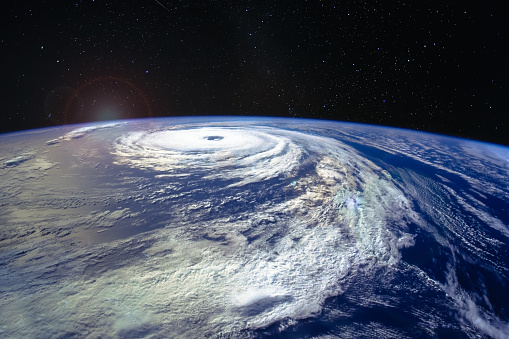
There is a lot of debate surrounding global warming, and many scientists argue that we are already warming up the planet. There is a slew of evidence to back up this debate, but the key fact is that human activity is responsible for most of the warming. According to a study published in Nature, a third of all global warming has been caused by human activities. The average temperature of the planet has increased between 0.8 and 1.2 degC (1.4 and 2.2 degF) in the last century, and the IPCC special report predicted a further rise to between three and four degC by 2100. The report further estimated that by 2100, the world’s average temperature will rise between 5.4 and 7.2 degC.
Global warming
As a result of global warming, the oceans have become a carbon sink, absorbing dissolved carbon dioxide from the atmosphere. This process causes ocean acidification, which eats away at calcium carbonate shells and skeletons in sea animals. This is particularly problematic for corals, which rely on these structures to survive. Further, the ice in the Arctic is melting, making the hunting more dangerous. These changes in the ecosystem threaten humans as well.
Carbon dioxide is the most effective heat trapping gas and accounts for ten percent of the United States’ greenhouse gas emissions. Methane is mainly the result of human activities, with mining and natural gas use accounting for the majority of the emissions. However, cattle are responsible for nearly two-thirds of the country’s methane emissions. If we continue to ignore the problem of global warming, we could be doomed to a future of more extreme weather events.
Important
Despite the controversy over whether or not global warming is causing our planet’s temperature to rise, it has important implications for our daily lives and the health of our ecosystems. Extreme weather events are becoming more frequent and energy-intensive, and scientists are increasingly using the term “human-caused climate change” to describe these changes. The consequences of global warming are not just felt by humans; they also affect our natural environment. But despite the aforementioned impacts, there is no doubt that this warming will continue to exacerbate and even threaten the lives of future generations.
Several studies indicate that global warming is already affecting the climate of the earth. As a result, the effects of human activity on the planet are felt in different parts of the world. The effects of global warming have already begun to manifest themselves in many ways. It is important to address climate change in order to prevent the worst from happening. Aside from the rising temperature, the rising sea level is causing widespread disaster. Similarly, there is an increasing risk of floods and droughts in many regions.
As a consequence of global warming, Inuit hunters in the Arctic face major challenges. They have to risk their lives to obtain a trophy despite the increasing temperature of the ocean. In addition, Inuit hunters, who are prone to catching sea animals, are also facing a high risk of death due to the lack of ice. Moreover, the increasing temperatures are also affecting the human population’s health. In contrast to the polar bear, the northern part of the globe is experiencing the greatest amount of loss.
A major factor in global warming is the thinning of the ice on the Baffin Island. Because of this, Inuit hunters are forced to risk their lives in order to hunt for a prey. Because of the thinning ice, polar bears and other marine creatures are now forced to move. Because of this, they are facing a growing risk of drowning. As a result, the impact of global warming is feared most strongly by the populations of the countries that have the least contribution to global warming.
There are a number of other factors that contribute to global warming. The increase in greenhouse gases is the most obvious. They affect air quality and infrared radiation. They affect the temperature of the earth, and are thus linked to global warming. While the effects are not immediately measurable, they have a significant effect on the world’s health. Higher temperatures can be fatal, especially for those in the poorest nations. So, it is important to understand the causes of global warming.